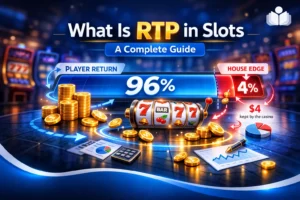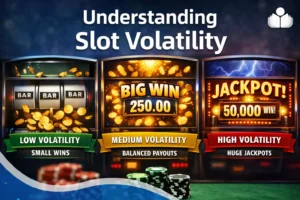Assessment of Nonprofit Fundraising Checklist
(certain sections of the following
may be specific to the U.S.)
Edited by Carter McNamara, MBA, PhD
(Be sure to read How to
Use this Tool and Disclaimers
before using the information in this document.)
This document includes general fundraising and using
an outside professional fundraiser.
Also, consider
Related Library Topics
General Fundraising
| Rating * |
Indicator | Met | Needs Work |
N/A |
|
E |
1. Funds are raised in an ethical manner for activities consistent with the organization’s mission and plan. |
|||
|
E |
2. The Board of Directors and organization staff are knowledgeable about the fundraising process and its roles in the organization. |
|||
|
E |
3. The organization’s Board of Directors has established a committee charged with developing, evaluating, and reviewing fundraising policies, practices, and goals. |
|||
|
E |
4. The committee is actively involved in the fundraising process and works to involve others in these activities. |
|||
|
R |
5. The Board of Directors, executive director and committee supports and participates in the total fundraising process, including project identification, cultivation, solicitation and recognition. |
|||
|
R |
6. The fundraising program is staffed and funded at a level consistent with fundraising expectations. |
|||
|
A |
7. There are direct communications and relationship between information services or marketing, accounting, and other administration support functions to assist in the fundraising needs and efforts. |
|||
|
E |
8. The organization is accountable to donors and other key constituencies and demonstrates its stewardship through annual reports. |
|||
| Indicators ratings: E=essential; R=recommended; Additional to strengthen organizational activities |
||||
Using an Outside
Fundraiser
|
Rating |
Indicator |
Met | Needs Work |
N/A |
|
A |
9. The organization meets the nonprofit standards of the state charities review council (if one exists in the state, e.g., the Minnesota Charities Review Council provides standards for Minnesota’s charitable nonprofits). |
|||
|
R |
10. If the organization chooses to use outside professional fundraisers, several competitive bids are solicited. Each prospective outside fundraiser’s background and references are checked. |
|||
|
E |
11. The organization makes legal, mutually agreed upon, signed statements with outside professional fundraisers, outline each party’s responsibilities and duties, specifying how the contributed funds will be physically handled, and to guarantee that the fees to be paid are reasonable and fair. |
|||
|
E |
12. The organization has verified that the contracted the fundraiser is registered as a professional fundraiser with the Attorney General and all filings necessary have been made before the work commences. (Registration requirements are dependent on state requirements.) |
|||
|
E |
13. The fundraising committee or appropriate representatives from the Board of Directors review all prospective proposals with outside professional fundraisers and reviews and accepts all agreements before they are signed. |
|||
|
R |
14. If the outside professional fundraiser plans to contact potential donors directly, the organization must review the fundraising materials (e.g., public service announcements, print or broadcast advertisements, telemarketing scripts, pledge statements, brochures, letters, etc.) to verify their accuracy and to ensure that the public disclosure requirements have been met. |
|||
|
E |
15. The organization properly reports all required information regarding the use of outside professional fundraisers, the amount of funds raised, and the related fundraising expenses as required by state and federal governments. The gross amount of funds raised by the contracted fundraiser is reported on the organization’s financial statement. The fees and costs of the campaign must be reported on the statement of functional expenses. |
|||
| Indicators ratings: E=essential; R=recommended; A= Additional to strengthen organizational activities |
||||
This information may be copied. Please cite credit to the
Greater Twin Cities United Way.
For the Category of Organizational Development:
To round out your knowledge of this Library topic, you may want to review some related topics, available from the link below. Each of the related topics includes free, online resources.
Also, scan the Recommended Books listed below. They have been selected for their relevance and highly practical nature.
 Sections of this topic
Sections of this topic
















